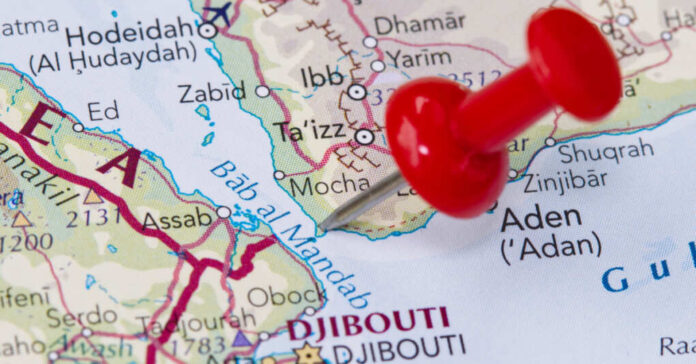
Iranian-backed Houthi insurgents have allegedly sabotaged critical underwater communication cables linking Europe and Asia, resulting in severe disruptions in cross-continental communication. According to Israel’s Globes publication, the Houthis targeted four underwater cables in the Red Sea, spanning from Jeddah in Saudi Arabia to Djibouti in East Africa. The damaged cables, affiliated with AAE-1, Seacom, EIG, and TGN, have had a particularly detrimental impact on Gulf states and India.
The financial toll of the destroyed cables, amounting to hundreds of millions of dollars, is exacerbated by the anticipated lengthy repair process. Complicating matters further is the reluctance of repair firms to operate in the region due to potential attacks by the Houthi militants, adding a layer of difficulty to the restoration efforts.
Over the past four months, the Houthi rebels have conducted at least 48 attacks on merchant vessels in the region, affecting commerce for approximately 55 countries reliant on the Red Sea route. These attacks on underwater cables coincide with the Houthi’s persistent acts of terrorism, seemingly undeterred by what some describe as a weak response from the Biden administration.
President Joe Biden’s reactions to Houthi terror attacks on shipping vessels, including those owned by U.S. entities, have been characterized as limited. The administration has primarily resorted to coalition strikes, partnering with the United Kingdom and receiving support from Australia, Bahrain, Canada, Denmark, the Netherlands, and New Zealand. However, the effectiveness of these responses remains in question as the Houthi attacks persist.
In the most recent coalition strikes conducted late last week, the U.S. and U.K. reportedly targeted 18 Houthi sites. Despite the significance of these strikes, little visual documentation has been released to the media. The targeted locations included Houthi underground weapons and missile storage facilities, one-way attack unmanned aerial systems, air defense systems, radars, and a helicopter, according to a statement from U.S. Central Command.
The statement emphasized the purpose of these strikes: to degrade Houthi capabilities and disrupt their continued unlawful attacks on international commercial vessels, including those from the U.S. and U.K., in the Red Sea, Bab AI-Mandeb Strait, and the Gulf of Aden. It further highlighted the broader consequences of Houthi actions, disrupting humanitarian aid intended for Yemen, damaging Middle Eastern economies, and causing environmental harm.
Notably, these strikes were not part of the multinational freedom of navigation actions under Operation Prosperity Guardian, a collective effort by nations to safeguard merchant vessels navigating the Suez Canal. The situation underscores Houthi insurgents’ ongoing challenges and the complex diplomatic and military responses required to address the threat effectively.















